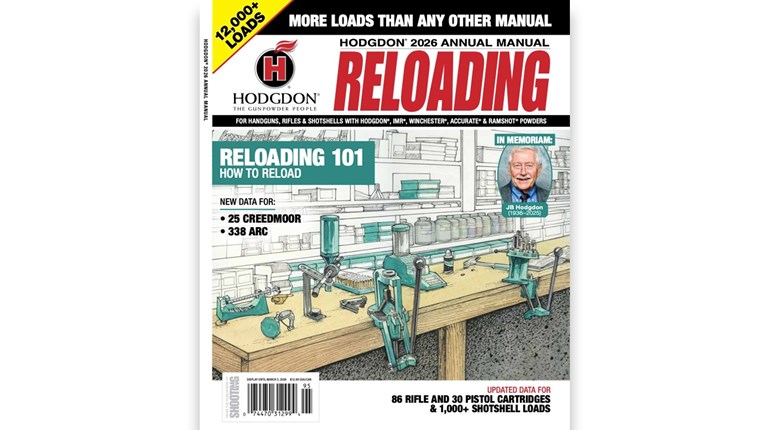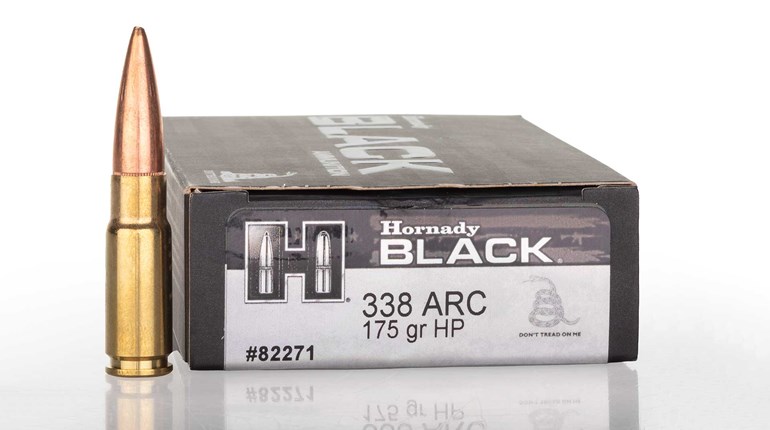
Reloading, or handloading, your own ammunition offers many benefits. Cost is usually the primary driver for rising interest in the hobby, but there can also be benefits in performance. Additionally, the process is interesting and fun for those with curious minds.
Many gun owners hesitate to begin because of the perceived learning curve. The process may seem shrouded in mystery and does require an initial investment. But, after spending nearly three years researching it and implementing the practice myself, I see the folly in my previous procrastination. Here are some of the top reasons I believe reloading is worth the time and investment.
Cost
Most shooters arrive at this junction after paying far more than they’d like for a box of ammunition. As with anything else, when supply drops, prices increase. Millions of new shooters have entered the fold in the last few years, so we can expect what we are seeing online and in gun stores to continue.
Reloading can bring those costs down. One of the most-expensive components in creating ammunition, for both manufacturers and reloaders, is the brass case, but for the individual, that case can be retained and reloaded several times. At the time of this writing, my cost for the primers, powder and projectiles I use to make 50 rounds of 9 mm Luger comes to about $8.93. When compared to a box of brass-cased ammunition costing around $12.95, this works out to a savings of more than 30%. (That percentage fluctuates as the market fluctuates, but typically I find I’m saving even more.) I chose the 9 mm Luger cartridge not only for its commonality but also because it’s the worst-case scenario in the savings department. Should you shoot .45 ACP or something even costlier, you can expect that savings percentage to climb substantially.
Performance
The previous section compared our handloads to the lowest-cost ammunition on the market, which isn’t entirely fair. In reality, the ammunition we make ourselves is more akin to the loads marked “custom” or “match” than those marked “practice” or “economy.” During the early stages, reloaders will adjust powder charges and bullets to get the desired effect and to maximize accuracy. This is also an avenue for specialty loads. Need ammunition that kicks less for high-volume work? That can be done by dropping the powder charge, bullet weight or both. Want ammunition that mimics your factory +P self-defense loads? Adjust in the other direction.
Handloading is also a way to make loads that aren’t available otherwise, such as shotshell, pistol rounds or obscure wadcutters. And, above all, each batch will be consistent with the one before it, meaning you shouldn’t need to make ammunition-related adjustments to your firearm—this is a nice bonus for competitors in particular.
Fun
Many reloaders find that once they get a taste of the benefits, they simply cannot get enough. Testing out different powders, primers and bullets can be an exhilarating experience. You never know which is going to work best and you might be pleasantly surprised.
Even once you’ve settled on a load, the process of manufacturing it on a large scale can be relaxing. It forces you to disconnect from your daily devices while promoting a brief period of focused thought. Many reloaders liken reloading to meditation, as it helps them relax. Personally, it’s my favorite place to design new courses and ponder new topics on which to write.
Lastly, having the cost barrier out of the way opens the door to many exotic firearms that fire what would be very cost-prohibitive ammunition. Normally, I likely wouldn’t consider owning something chambered in .50 Action Express or .460 Smith & Wesson; however, knowing that I can make this fodder for a fraction of the price of store-bought ammunition makes it seem possible to me.
In sum, once we add the benefits and subtract our inhibitions, we start to see why handloading is a good option. Loading our own rounds keeps the overall cost of shooting down, maximizes our growth during training sessions and is a great way to enjoy a little downtime. Check out nrainstructors.org for NRA Basic Metallic Cartridge Reloading Courses. Many resources for learning handloading are also available online.


































